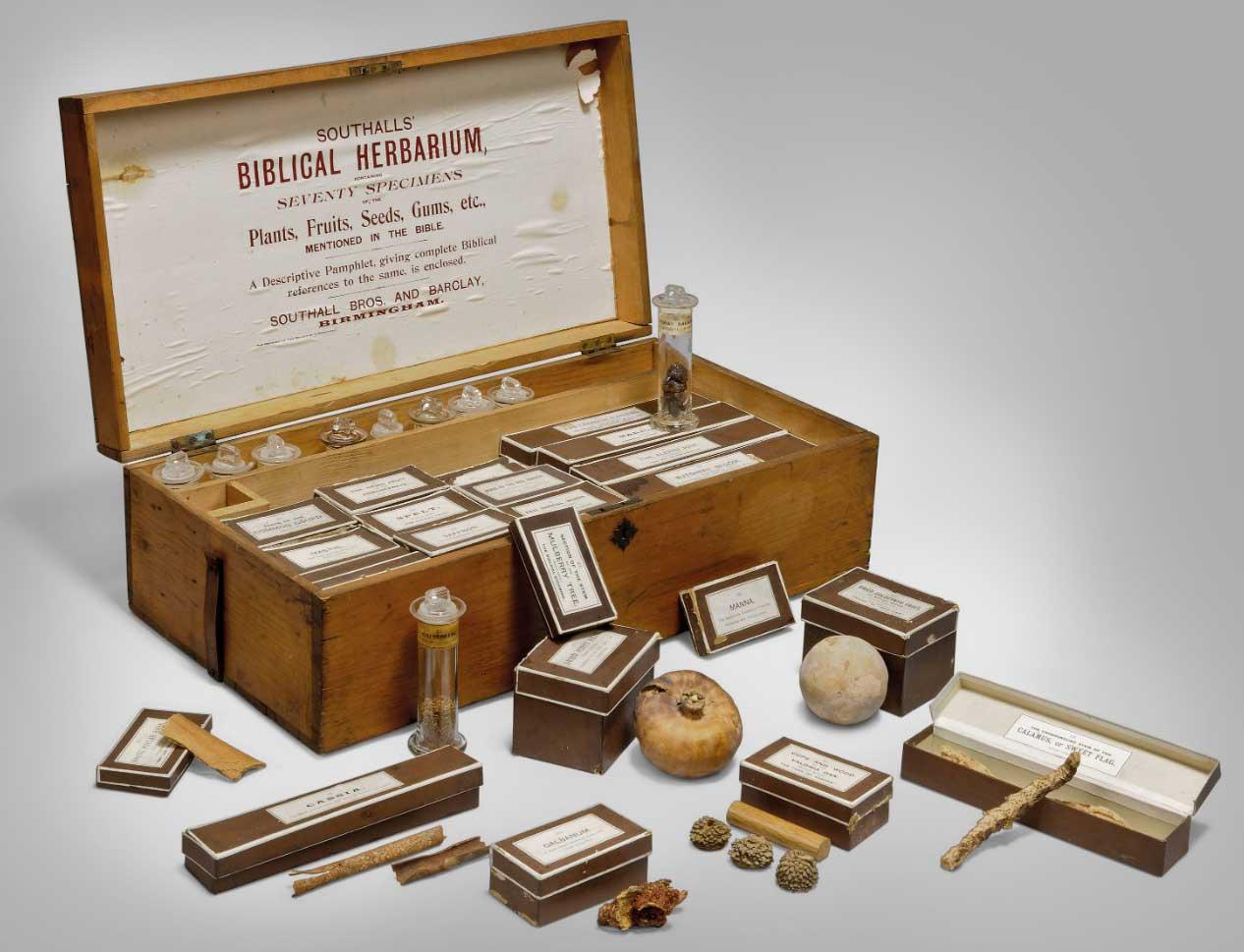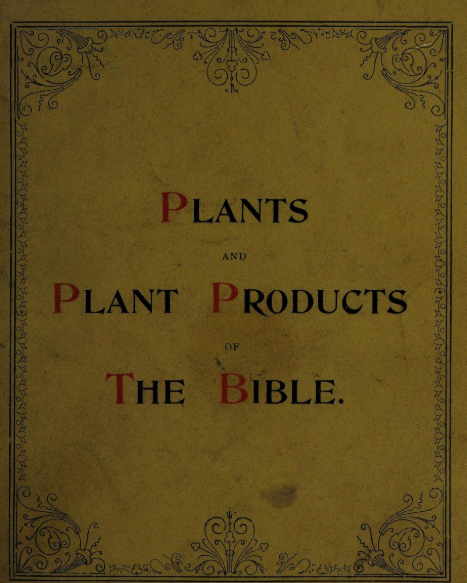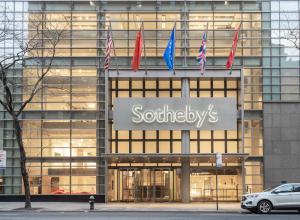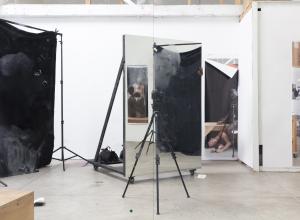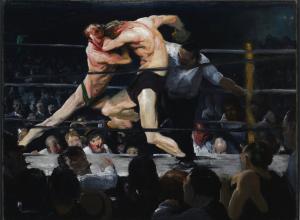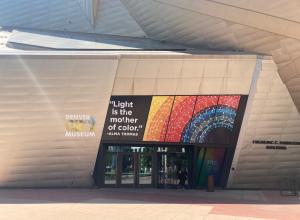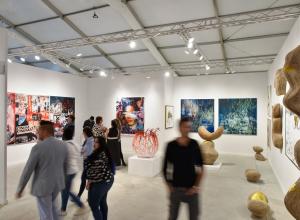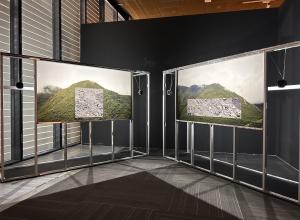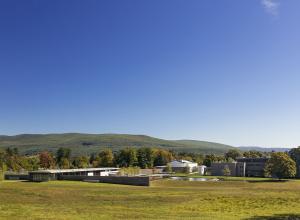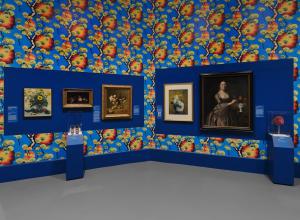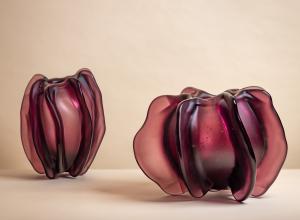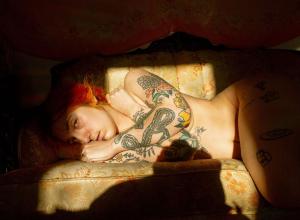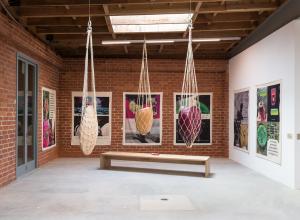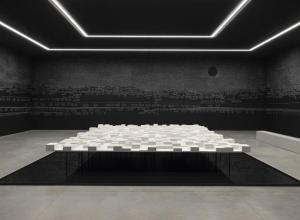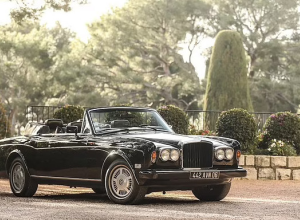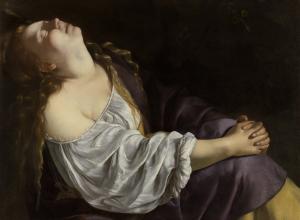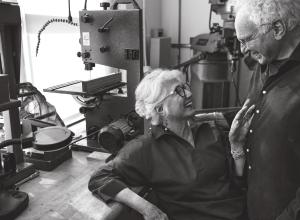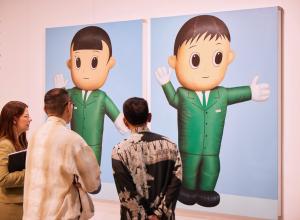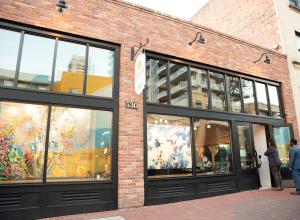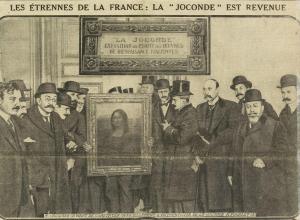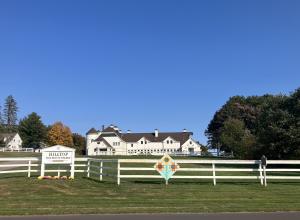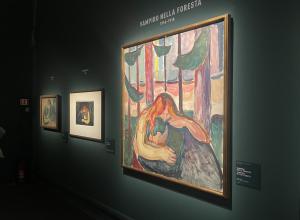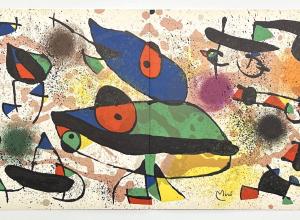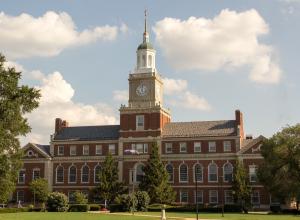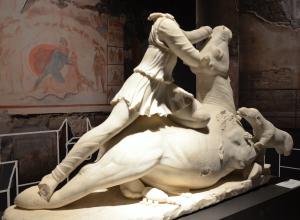This conciliation is brilliantly manifest in the Biblical Herbarium produced by the English druggist Southall Bros. and Barclay in 1897 and sold for the equivalent of a few hundred pounds. This pre-made collection contains seventy dried plant specimens from the Holy Land, such as Balm of Gilead (Amyris Gileadensis), and an accompanying 39-page pamphlet, edited by H.B. Tristram—a clergyman who, incidentally, flip-flopped on Darwinism—to link the flowers and herbs to a biblical narrative. The balm, for example, was traced to episodes in the books of Genesis, Ezekiel, and Jeremiah.
Offered alongside other natural history curiosities like papier-mache botanical models and a few Blaschka glass sea creatures in the Peter Petrou: Tales of the Unexpected sale at Christie’s London on January 30, the Biblical Herbarium is expected to realize something in the neighborhood of $500. While it might not be the most riveting (or provocative, ahem!) lot, it might be timely: a scholar argued in a 2016 lecture that the Biblical Herbarium is an artifact of the Victorians’ long process of accepting that science is real, a lesson we still seem to struggle with today.




